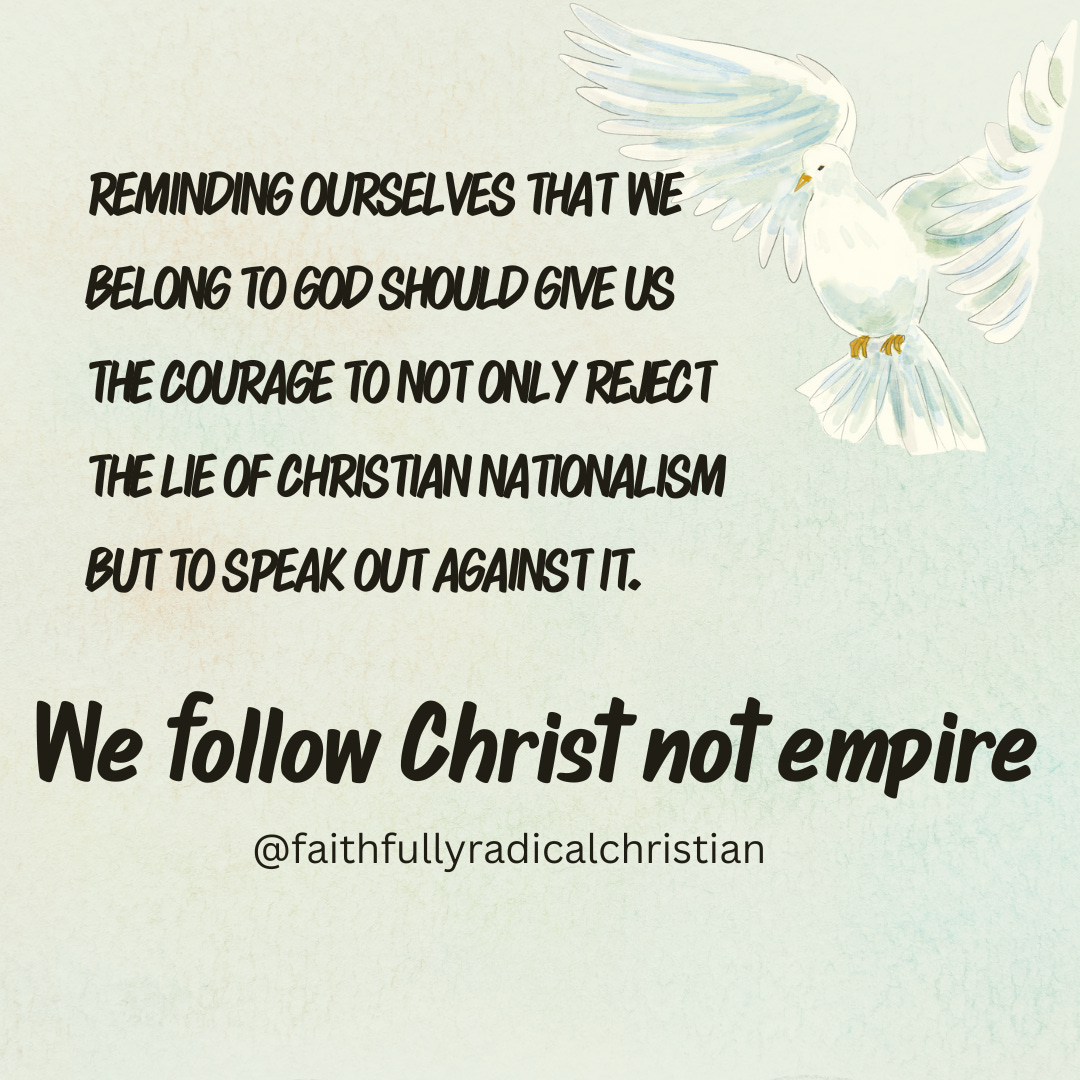Philippians 3:17-4:1
In this letter, Paul is going off. To be fair, in many of the letters of Paul (both those considered to be the “authentic” letters of Paul and those attributed to Paul but certainly not written by him), the author is often chastising an individual or group of people. I used to think that was a bit harsh, and while I do not always endorse the theology in the letters, I can honestly say I get it. It appears as if when dealing with the institution of the church or any group of people for that matter, the common refrain is, “What the hell are you doing and why?” After a while, it gets annoying to reiterate the same thing repeatedly in different contexts. So I do understand the frustration from Paul and the other ancient writers.
One of the struggles the early Jesus followers grappled with was how to live within a dominant culture whose values were so opposed to that of Christ without absorbing said values. That is a struggle that modern-day Christians also wrestle with. The reality is that even living in a country where a large number of the population identifies as Christian, and where a significant number of politicians claim to want to make America a “Christian country again” the struggle continues. In the early church’s case, they were a minority within a minority, suffering under Roman occupation. It makes sense that the early Jesus community would grapple with how to define themselves. They were in conflict with other members of Judaism, the larger Roman empire, and amongst themselves about what it means to follow Jesus. If they were part of Judaism, did gentiles need to convert to Judaism first? If not, was that a go-ahead for Jesus's followers to essentially do whatever they wanted and embrace the values of the Roman Empire? Should they retreat from society?
Today the struggle is a bit different. Christians at least in the US, are the majority in one of the most powerful nations in the world. One would ostensibly think that living according to Christ’s values would be so much easier in a country where Christians are the majority, right? Absolutely not. Christianity as an institution has always wrestled with remaining true to the values of Christ, and when the institution is mixed with political power and wealth, it often becomes a force of violence and oppression. This has occurred since Christianity went from a small persecuted sect, to being tolerated by the Roman Empire, to the official religion of numerous kingdoms and empires. When Christianity becomes the dominant power, it often seeks to control and subjugate others.
We see this occurring today in the US, where many members of the current presidental administration claim to be Christian and endorse “Christian values” while they are seeking to cut programs to the homeless, to the poor, to immigrants and refugees. For the current administration, the only people of any worth are the rich and powerful. They claim that anyone who disagrees with them is not only their enemy but is also an “enemy of Christ.” Yet their leader can barely cite the Scriptures they claim to hold dear, and they are acting in ways that directly contradict the values of the early Jesus community. Instead of viewing empire as a danger to be avoided and dealt with carefully, Christians who are part of the current presidential administration have fully embraced empire.
For Christians not directly part of this presidential administration, the question becomes, well, now what do we do? Do we join forces with these “enemies of the cross?” For those part of the evangelical elite, doing so will provide them with even more money and power. But for the rest of us, what would we gain? For some, there is a cognitive dissonance where they will quote Bible verses about loving the foreigner and caring for the poor, but politically, they endorse an America First policy. For others, we are afraid and want to protect our loved ones. An understandable goal. But the problem with joining forces with powers of oppression in order to avoid being the target of their violence is that eventually, we will fall within their crosshairs. We would only be delaying the inevitable.
But standing up against the forces of Christian nationalism and empire is difficult and scary. The reality is that individually, we may not be able to do a lot to stop Christian nationalism. But 1) there are others who are seeking to combat Christian nationalism, so we are not alone 2) this struggle to push back against Christians embracing values of the empire is not new. Christian nationalism may not have existed during the writing of Philipians but the temptation for followers of Christ to be seduced by the power and wealth of the Roman empire was a very real one.
While the social and political context of the letter of Phillippians may be different, the advice is still especially relevant. We need to remember who we belong to. We need to remember that our citizenship is with Christ. Not so we can hide away from the dangers of the world, but rather as a reminder of where our loyalty lies. The ideology of “America First” and Christian nationalism in all its iterations is idolatry. Reminding ourselves that we belong to God should give us the courage to not only reject the lie of Christian nationalism but to speak out against it. We follow Christ, not empire.
Image: Green background with a dove hovering on the left side of the image. Text. Reminding ourselves that we belong to God should give us the courage to not only reject the lie of Christian nationalism but to speak out against it. We follow Christ not empire.



